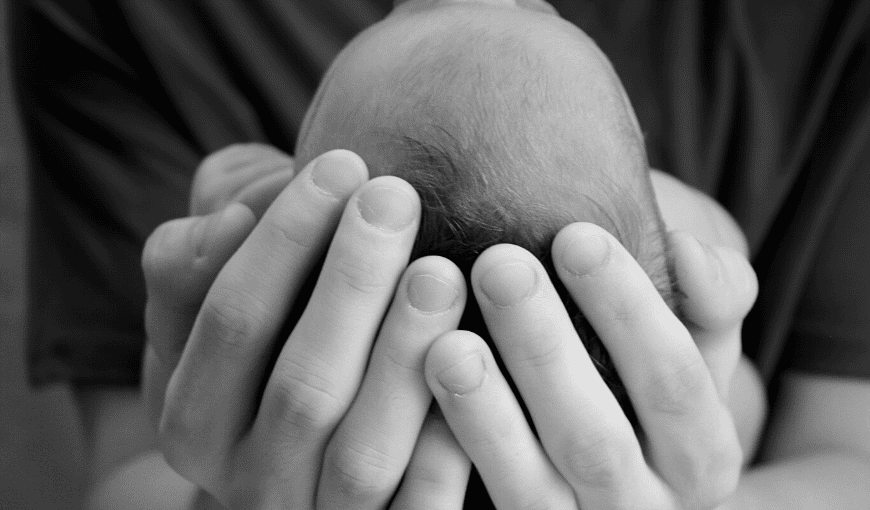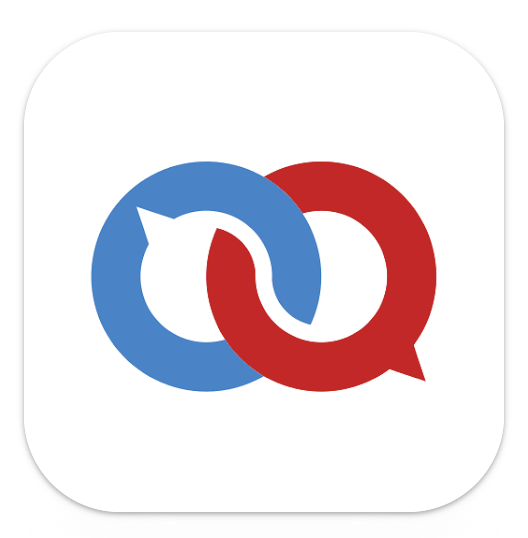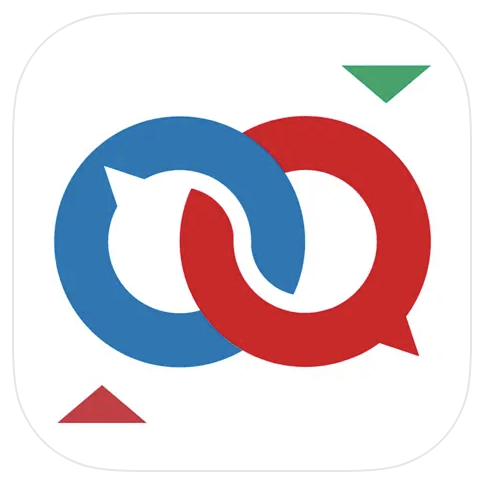I began eating avocadoes to try and get my son to eat vegetables and fruits. I took paternity leave to take care of my daughter. I have said sorry when I do things wrong, when my maturity hasn’t risen to the occasion. I have snatched time away from my ego to play their never-ending games. I no longer have the weight of always being right hanging on my shoulders, or of having the right piece of advice, or having the final word. I am more comfortable accompanying them on their quest for answers, without telling them what I think. This is being a father in my eyes.
I have allowed myself to accept their uncomfortable questions, opinions, conclusions, critiques and complaints. I have learned that their present and future don’t have to reflect my desires. I have learned that what they like, what they understand of the world and their choices are not my inalienable right. This is being a father in my eyes.
I have taken the pleasure and committed myself to showing them everything I know and believe, so as to give them tools so that the decisions they make in life are as free and righteous as they can be. I have also learned and accepted that I am responsible (as an authority figure in their lives) for teaching and pointing out limits, without violence, and to love, love with all of my heart, to not fight and look after their rights and freedoms, as well as my own. This is being a father in my eyes.
I don’t cling to the idea that they have to feel something or get excited when they listen to a song, watch cartoons and movies that are the audiovisual backdrop of my life. I want them to find their own emotions and thoughts in the songs, cartoons and movies they choose. I don’t insist that they style their hair, clothes or words like I wasn’t able to when I was their age. I suggest, propose, invite, show them and tell them what I think. This is being a father in my eyes.
Being a father is a challenge to one’s own freedom, as well as the freedom of my offspring and the people who I embraced during my years as a child. I can’t nourish their feelings of freedom, if I don’t first allow us to have a free relationship. Being free is knowing how you feel, what you want, and even knowing what you don’t want.
Being free is, above all else, understanding that these feelings and desires we have are experienced as part of a community, in relationships, in society. So, being free is knowing and deciding the kind of relationship they want, with their father too. Just like a father knows, wishes and looks for a certain kind of relationship.
Becoming a father is an emotional, ethical, political and cultural challenge, and it’s been the most important lesson in my experience. It’s an invitation to deal with your emotions, it’s a raison d’etre, with values and understanding of how the world works, it’s a challenge to historic structures that castrate the liberating potential of being a father, it’s a material, spiritual and relational affair.
There is no foolproof guide on how to be a “good father”. That’s true, but there is plenty of literature, recommendations and experiences that push for a more natural fatherhood. A relationship without the chains of machismo that distort one’s understanding and ability to fulfill this role.
This is a revolutionary challenge that has emotions at its heart. It’s a challenge that crosscuts political, social, cultural and legal structures. As a father, the liberating revolution lies in rediscovering, shifting and expanding our emotions, in feeling without shame and without censorship. This Revolution will never be complete though if it is limited to the inner world, to the personal sphere, to what best suits your ego, even if you are and feel like you’re a “good father”.
Being a father is a kind of social relationship that exceeds the link you have with just your biological children; that is to say, it also affects your relationship with your biographical children.
In a father’s political and emotional challenge of fatherhood lies the fact that you can be a good family man, but not respect and protect the fatherhood and motherhood of colleagues at work, in your community, at your church or organization, and there is a long road ahead. Just like seeing, getting to know, and sharing experiences with other fathers, helps us to look at ourselves at fathers, and understand other points of view.
Along this journey of fatherhood, I have dicovered playing and hugging that ends in a sweat-filled hug that smells of pram, as well as the full meaning of saying I love you and the definitive pleasure of hearing it, of everyday stress and the fear of not doing things properly. I have had the impulse to invent a story or a song. I have felt the pain of being physically apart.
Along this journey, I have also learned that procreating isn’t the only way to feel proud, happy and empathise with a child. I learned that the word “papa” isn’t an indispensable condition to hug with emotion, to come together and share an intimate conversation, to get a big never-ending smile, to accompany a child, understand and love them.
Being a father is living a process, of acceptance, learning and the best thing is enjoying the results. I learned that a TV series (that I do or don’t like) is a comfortable time for Marcial to talk to me about his stuff. Abril has asked me on one or two occasions to put down my phone so “I pay attention to them”. With Diego, I have learned that a game of chess is a good strategy to be close and talk to him. Diana has invited me to dance, that is to say, into her free space.
These little people have shifted my understanding of fatherhood, like a kaleidoscope, from their different places. Sometimes, one at a time; sometimes, with all of them moving it at the same time. My positive fatherhood is the willingness to learn, to feel like they are also teaching me in this relationship. Without knowing it, without planning a journey of reflection or therapy, they invite me to stare at myself, at my fears and limits, at my restraint and kindness, as well as my ideas, thoughts and beliefs (rational or not).
The thing I’ve come to understand the most though, is that I can’t be a better father if I’m not better to myself. I can’t talk to them about emotions and how to deal with them if I haven’t done it myself first. I can’t talk to them about freedom if I can’t loosen my own emotional, cognitive, political and cultural chains. This is being a father in my eyes.
This article was translated into English from the original in Spanish.






